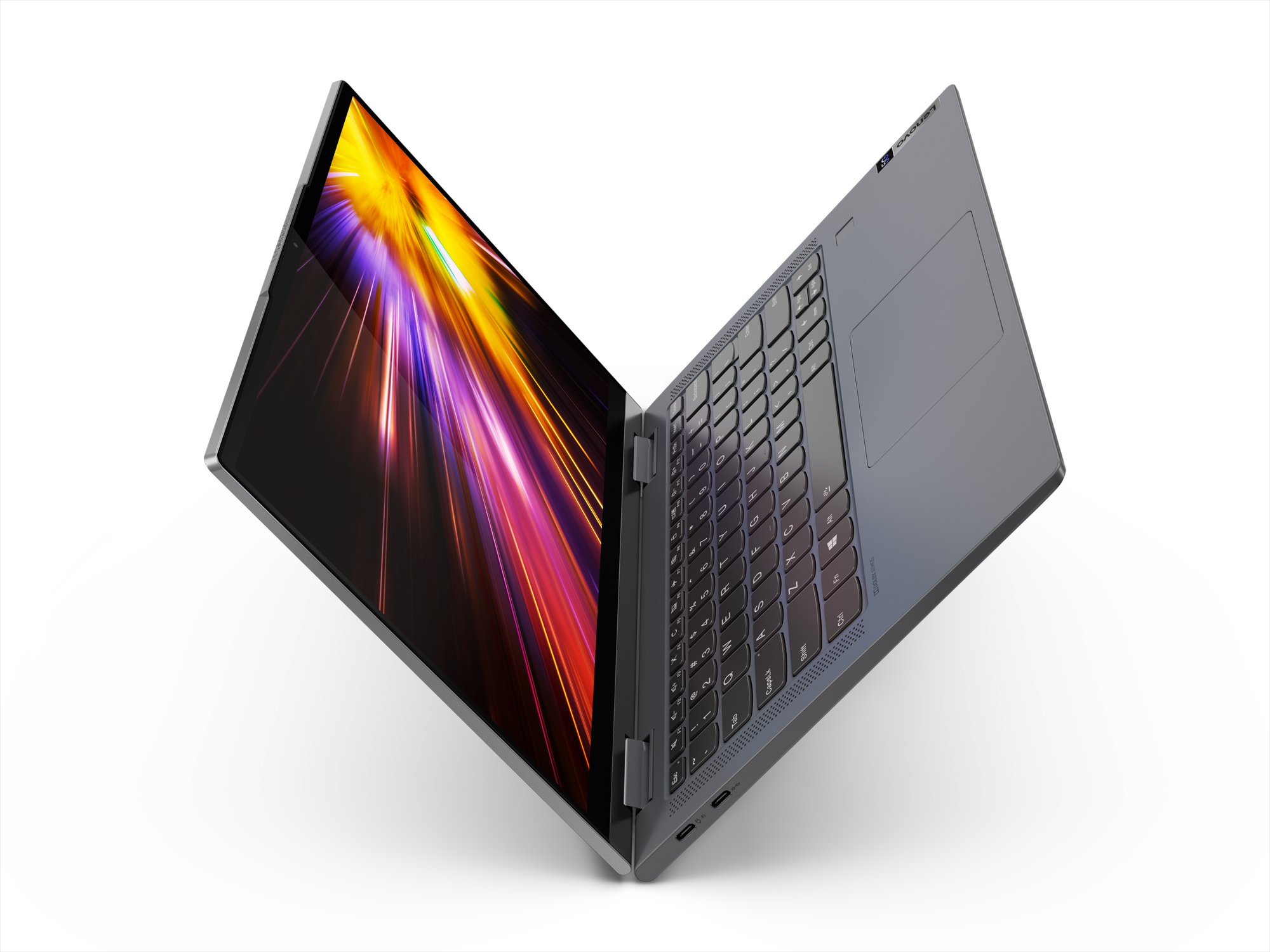Verizon, Sprint, and providers around the world will support 5G Always Connected PCs
Always Connected PCs will be able to keep pace with their smartphone sibling thanks to 5G support from carriers.

What you need to know
- Verizon, Sprint, and several carriers around the world will support 5G PCs.
- PCs are on the way that support both millimeter wave and sub-6GHz 5G networks.
- Several carriers in North America, Europe, Africa, Asia, and Australia will support 5G PCs.
2020 is shaping up to be the year of 5G, and 5G PCs will be part of that push. Qualcomm announced today that Verizon, Sprint, and several major carriers around the world will support 5G PCs. Several 5G PCs have been announced, like the Lenovo Yoga 5G and HP Dragonfly 5G that support both millimeter wave and sub-6GHz 5G networks.
Qualcomm shared the list of carriers that will support 5G PCs:
North America
- Verizon
- Sprint
Europe, Middle East & Africa
- EE
- Swisscom
- Telefonica
- TIM
- Transatel
Asia, Australia & New Zealand
- China Mobile
- China Telecom
- China Unicom
- KDDI Corporation
- Rakuten Mobile
- KT
- LGU+
- SK Telecom
- SoftBank Corp.
- Telstra
Notably, AT&T is not mentioned in the announcement, but it's still early days for 5G, and the technology shouldn't prevent new 5G devices from working on their network. South America is also not listed by Qualcomm, though that doesn't mean no carriers on the continent will support 5G PCs.
It's a bit unclear what support from a carrier means in regard to 5G PCs. Always Connected PCs can connect to 4G networks just by placing a SIM inside. Generally, placing a SIM inside an Always Connected PC just works. There are some exceptions to this, and sometimes 4G Always Connected PCs work better on networks they've been optimized for. We'll have to wait and see if this works in a similar way for 5G PCs.
All the latest news, reviews, and guides for Windows and Xbox diehards.
Qualcomm announced the 5G X55 chipset for Always Connected PCs one year ago. That chip can work in ARM-based laptops or Intel ones.

Sean Endicott is a news writer and apps editor for Windows Central with 11+ years of experience. A Nottingham Trent journalism graduate, Sean has covered the industry’s arc from the Lumia era to the launch of Windows 11 and generative AI. Having started at Thrifter, he uses his expertise in price tracking to help readers find genuine hardware value.
Beyond tech news, Sean is a UK sports media pioneer. In 2017, he became one of the first to stream via smartphone and is an expert in AP Capture systems. A tech-forward coach, he was named 2024 BAFA Youth Coach of the Year. He is focused on using technology—from AI to Clipchamp—to gain a practical edge.
